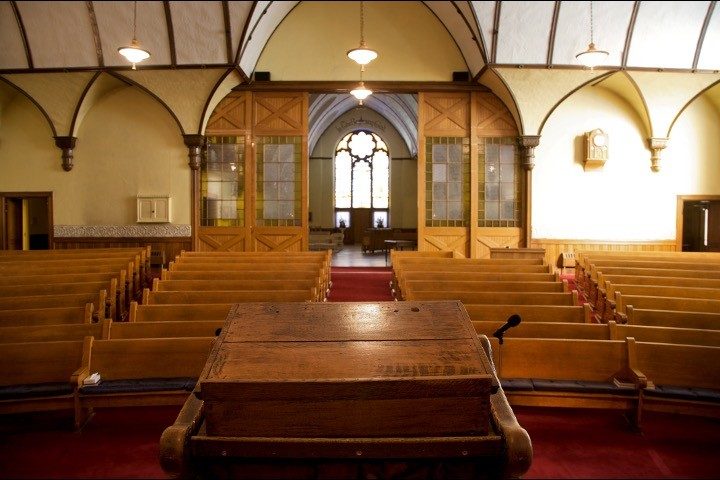
Americans who identify as religiously unaffiliated, or “nones,” now represent the largest segment of the population in the U.S., according to a new study released this week by the Pew Research Center.
The study revealed that 28 percent of Americans, when asked about their religion, either are religiously unaffiliated or describe themselves as atheists, agnostics, or “nothing in particular.” This group of unaffiliated, widely known as “nones,” a term used by religious scholars, now outnumbers Catholics (23 percent) and evangelical Protestants (24 percent).
Seeking to better understand the diverse and often hard-to-define group of “nones,” Pew used their survey to answer questions about the group such as, “What do ‘nones’ believe? Are they opposed to religion? What are their views about science? Is their growth good or bad for society, and why?”
The survey data show:
- Most “nones” believe in God or another higher power. But very few go to religious services regularly.
- Most say religion does some harm, but many also think it does some good. They are not uniformly anti-religious.
- Most “nones” reject the idea that science can explain everything. But they express more positive views of science than religiously affiliated Americans do.
Results revealed in the in-depth report were broken down into responses from eight questions Pew received most often about “nones.”
Who are the “nones”? Survey results found that 17 percent of “nones” identify as atheist, 20 percent say they are agnostic, and 63 percent fall into the more ambiguous “nothing in particular” group.
“Atheists and agnostics, on average, have more education than religiously affiliated Americans. By contrast, people who describe their religion as “nothing in particular” tend to have lower levels of educational attainment than religiously affiliated U.S. adults,” reported Pew.
When asked why they are nonreligious, the report revealed, “two-thirds of ‘nones’ say they question a lot of religious teachings or don’t believe in God.”
Pew continued:
Many also bring up criticisms of religious institutions or people, including 47% who say that one extremely or very important reason why they are not religious is that they dislike religious organizations. And 30% say bad experiences they’ve had with religious people help explain why they are nonreligious.
Religious “nones” are reportedly “less civically engaged and socially connected” in comparison to those who identify with a religion. “On average, they are less likely to vote, less likely to have volunteered lately, less satisfied with their local communities and less satisfied with their social lives,” stated the report.
However, Pew admitted that the link between religious disaffiliation and civic engagement is complicated, and offered more data into their comprehensive study.
Surprisingly, not all “nones” are nonbelievers. “Most ‘nones’ say they were raised in a religion, usually Christianity.” The survey found they are “far less likely than religiously affiliated Americans to say they believe in God ‘as described in the Bible,’ but most do believe in God or some other higher power.” Ninety percent of religious “nones” say they “seldom or never go to religious services.” Only 29 percent “reject the notion that there is any higher power or spiritual force in the universe.”
The report also shared that about half of “nones” say “spirituality is very important in their lives or say they think of themselves as spiritual.” Most “believe animals other than humans can have spirits or spiritual energies,” and many say this is true of “parts of nature, such as mountains, rivers or trees.”
When asked if they were hostile toward religion, the “nones” responded with rather “mixed views”.
The study revealed:
Most say religion causes a variety of problems in society – like intolerance or superstition. But many “nones” also say that religion helps give people meaning and purpose, and that it can encourage people to treat each other well.
Overall, 43% of “nones” say religion does more harm than good in society, while 14% say it does more good than harm; 41% say religion does equal amounts of good and harm.
The survey found that most “nones” believe that “science does more good than harm in American society,” and on average “nones” are much more positive about science than are religiously affiliated people.
When asked about their thoughts on morality, Pew reported, the “majority of ‘nones’ say it is possible to be moral and have good values without believing in God. Most religiously affiliated people agree, though by a smaller margin.”
Most of the analysis came from a Pew survey “conducted July 31-Aug. 6, 2023, among 11,201 respondents who are members of the Center’s American Trends Panel (ATP). The survey included interviews with 3,317 religious ‘nones’ (658 atheists, 678 agnostics and 1,981 respondents who describe their religion as ‘nothing in particular’).”




